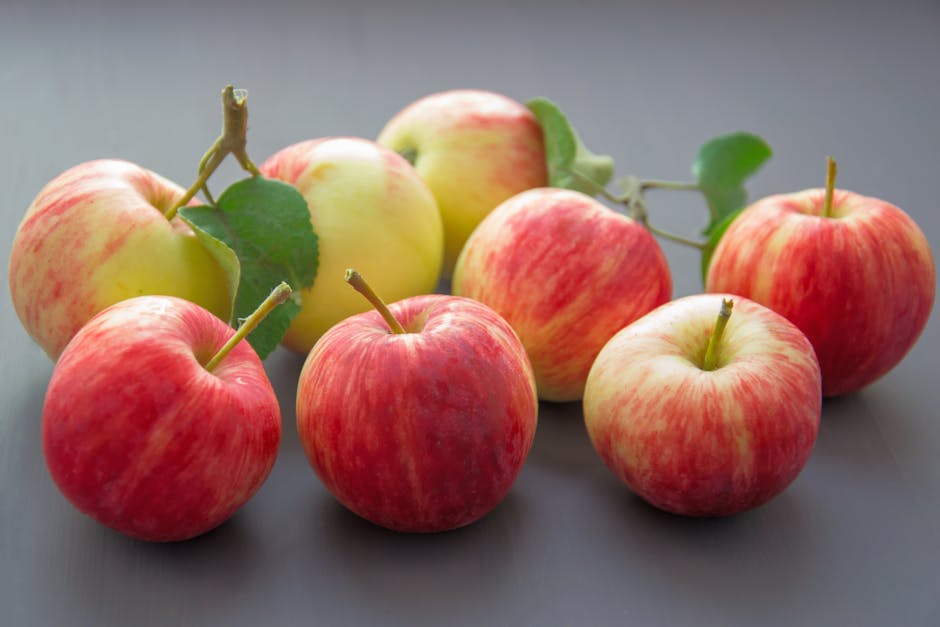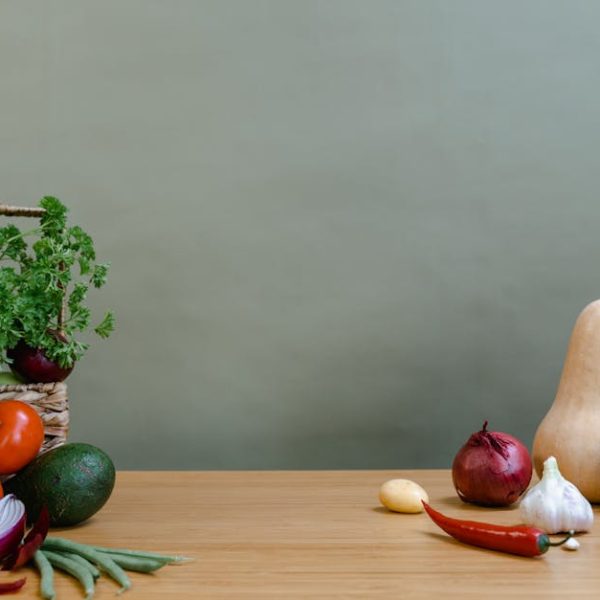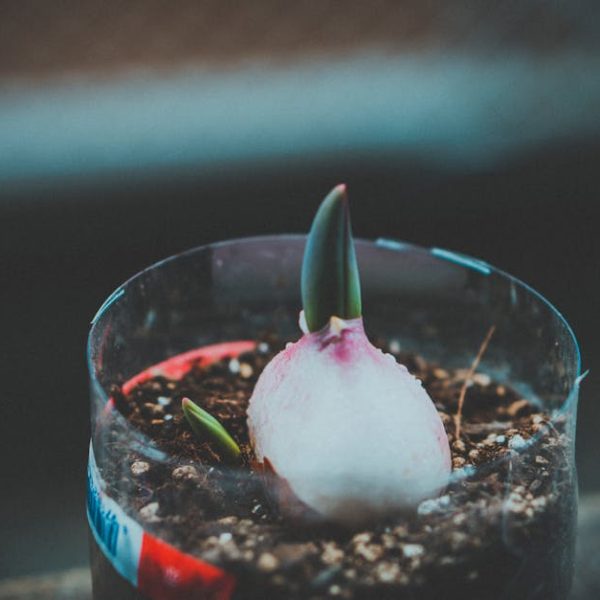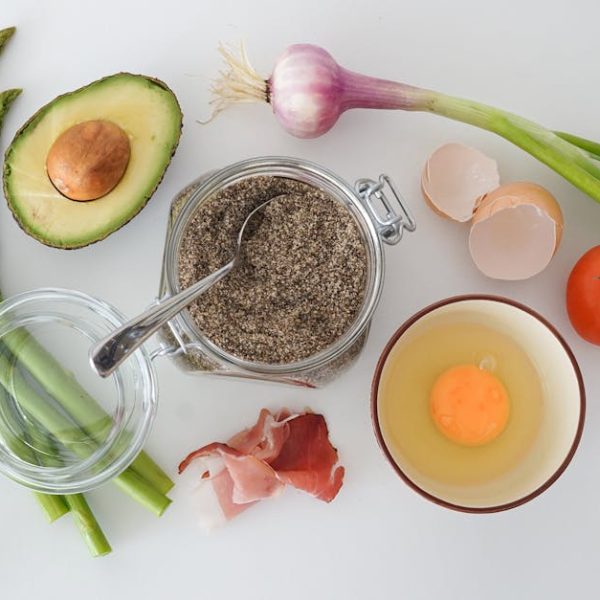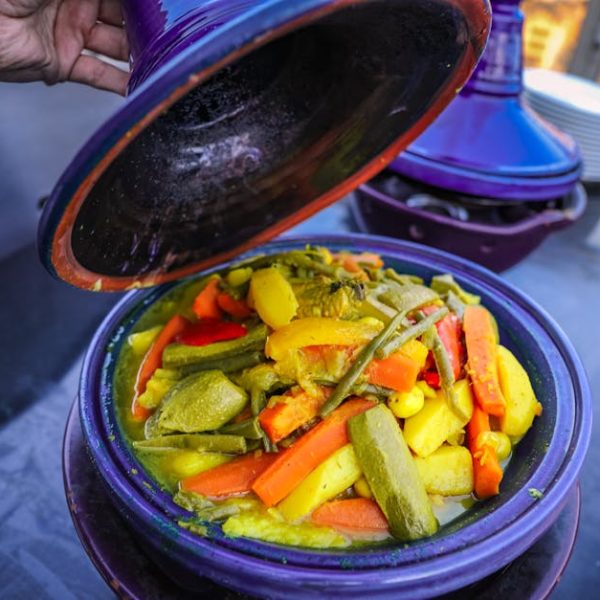It’s widely known that apples’ shelf life is considerably longer than many other fruits. Apples stored properly in a refrigerator can last between 4-6 weeks, while at room temperature, their freshness expires within 1-2 weeks. This longevity is part of what makes apples such versatile fruit, suitable for a variety of dishes and applications.
Several factors can influence an apple’s shelf life including its variety, the ripeness at the time of purchase, and the conditions in which it’s stored. Not all apple varieties are created equal when it comes to longevity. Some, like Granny Smith and Red Delicious, typically have longer shelf lives than others such as the Honeycrisp.
Pro Tip: You can tell that an apple is past its prime if it exhibits mushiness, shriveled skin, or off smells – these are key signs that your apple may be past its best before date, and it’s time to discard it.
Cooling and Refrigeration: Preserving Freshness
Keeping apples in a cool, crisp environment is pivotal to maintain their freshness, and there’s no better place for that than the refrigerator. Apples kept in a cooling environment, like the refrigerator, can have their lifespan extended up to two times over those kept at room temperature.
Checklist: Proper Apple Refrigeration
- Place newly-bought apples in the crisper drawer without removing their original packaging.
- Maintain humidity in the drawer by closing its vents (if available).
- If storing more than one type of fruit in the drawer, ensure apples are stored separately to avoid ethylene gas produced by them from spoiling other fruits.
The ‘cold versus cool’ debate for storing apples is an active one. While refrigeration certainly extends the apple’s lifespan, excessive cold can also cause an apple to lose its crunch and flavor.
Optimal Storage Techniques for Apples
There are several ways you can store apples effectively. Apples can be stored in the fruit stand of the refrigerator, in plastic bags with small air holes, or even in closed containers if they’re pre-sliced.
Best Practice: We recommended always storing apples away from other fruits, especially those that produce ethylene gas like bananas. Also, ensure to avoid any cuts or bruises on the apples during storage; these damages can accelerate the ripening process.
Pro Tip: Over-ripe or slightly spoiled apples need not be wasted. They can be cut, cooked, and used in a variety of dishes, or even be composted, serving your garden.
Prevent Apples from Browning: Essential Tips
An apple’s exposure to oxygen after being cut can cause it to brown, but this can be avoided through natural methods like applying lemon juice or soaking apples in water.
Steps to Prevent Apples from Browning:
- Before cutting, prepare a mixture of 1 tablespoon of lemon juice with 1 cup of cold water.
- As soon as you cut the apple, sprinkle the mixture onto its surface or soak the apple pieces.
- Remember, browning won’t affect the taste or quality; it’s merely aesthetic.
Pro Tip: Ever tried saltwater to avoid browning? Soak your cut apples in a brine of ½ teaspoon salt to 1 cup of water, and rinse them before serving or using in a recipe. The Role of Apple Variety in its Shelf Life
Just as people differ, so do apples, and some varieties generally have a longer shelf life than others. For example, Red Delicious and Granny Smith apples are known to last longer than the Honeycrisp variety.
The variety of the apple directly influences its lifespan as each kind is built slightly differently, having varied levels of natural sugars, acidity, and aspects that impact their propensity to spoil.
Comparison of Apple Varieties
| Apple Variety | Shelf Life (refrigerated) |
|---|---|
| Granny Smith | 1-2 months |
| Red Delicious | 1-2 months |
| Honeycrisp | 3-4 weeks |
Pro Tip: If you’re looking for apples to store long-term, opt for varieties like Granny Smith or Red Delicious. For cooking, try the slightly sweet, medium shelf-life Honeycrisp. If you enjoy fresh-eating, go for the crisp Pink Lady, even though it won’t last as long.
In conclusion, the longevity of your apples hinges significantly on their variety, storage conditions, and your handling practices. Prioritize refrigeration, mindful storage separated from other fruits, and minimal bruising to maximize the shelf life of your apples. And remember, slightly spoiled apples can still serve a purpose in the kitchen or garden, so aim for minimal food waste when enjoying this versatile fruit.
Key Takeaway:
- The shelf life of apples can range from 1-2 weeks at room temperature to 4-6 weeks when properly stored in a refrigerator.
- Various factors affect the shelf life of apples including their variety, ripeness at purchase, and storage conditions.
- Storing apples in a cool, crisp environment like a refrigerator can significantly extend their freshness.
- Ideally, apples should be stored away from other fruits, especially those that produce ethylene gas such as bananas.
- Methods like applying lemon juice or soaking apples in water can prevent apples from browning after being cut.
- The variety of the apple influences its shelf life with varieties like Granny Smith and Red Delicious known for their longer shelf lives.
Before you worry about your apples going bad, note that proper storage and handling practices can greatly influence their longevity, allowing you to enjoy this nutritious fruit over a generous period. Remember, even if an apple is past its prime, it can still serve useful purposes in your cooking or composting. Make the most of apples’ versatility by making mindful choices in their storing and handling.
FAQs
Q: What causes apples to spoil over time?
A: Several factors can contribute to the spoilage of apples over time. These include oxygen exposure, ethylene gas produced by other fruits, and physical damages like cuts or bruises on the apples.
Q: Can I still eat an apple that has signs of spoilage, like mushiness or shriveled skin?
A: While an apple with signs of spoilage might not be attractive for direct consumption, it can still be utilized properly in cooking or baking, assuming it doesn’t have any signs of mold or a foul smell.
Q: How does refrigeration extend the shelf life of apples?
A: Refrigeration helps slow down the ripening process of apples by reducing the rate of ethylene gas production, a compound associated with fruit ripening. This allows apples to stay fresh longer.
Q: Is there a way to extend the freshness of cut apples?
A: Yes, you can extend the freshness of cut apples by reducing their exposure to oxygen, which causes browning. Methods like soaking apple slices in water mixed with lemon juice or salt can prevent browning and extend their freshness.
Q: Is it true that some apple varieties have a longer shelf life than others?
A: Absolutely! The variety of the apple influences its shelf life. Granny Smith and Red Delicious apples, for example, are known for their longer shelf lives compared to other varieties like Honeycrisp.
Feel free to share this valuable knowledge with your friends and family. Browse through our website for more interesting posts on food storage and preservation.
